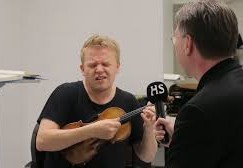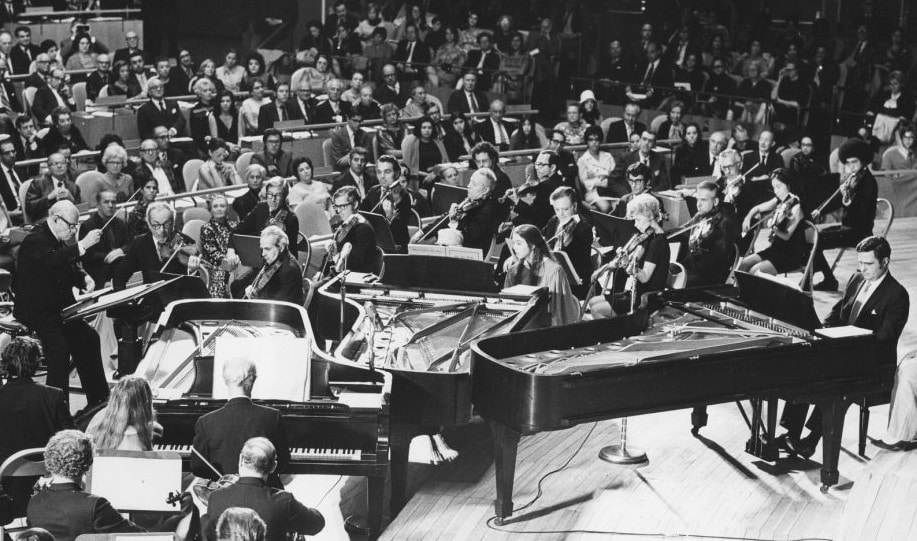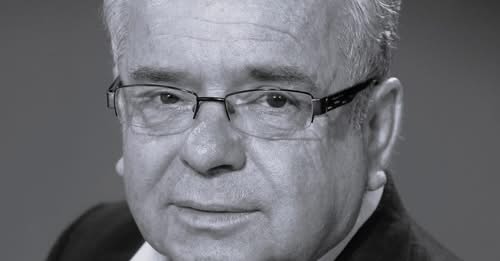Playing the Sibelius concerto in the style of … Philip Glass
mainPekka Kuusisto, who won the Sibelius competition 20 years ago, was having a serious video conversation with Vesa Siren about how he played the concerto, then and now. Serious, as only Finns can.
But then the conversation got a bit out of hand as Vesa challenged Pekka to play in other styles.
Folk music, for instance? Easy.
John Adams? Easier still.
On to Philip Glass and, finally Radiohead.
Watch the cracking video here (English subtitles). Violin nerds start at the beginning. The rest of your race forward to 6.50, that’s where the fun starts.






I wonder if people ask themselves why Scandinavia has led the world in classical music in the later 20th century. Perhaps more than any other art form, classical music comes from the ethos of the late 18th century where humans thought the universe was rational and predictable, a world where humanity felt it was fully in control of its fate. Later eras, of course, found that not to be true. Through Romanticism and Modernism we explored how humans produce horror as much as order. And yet classical music’s central ethos remains in that pseudo-rational world of the Age of Enlightenment.
So I wonder if that is why Scandinavia is seemingly the last remaining place on earth where people believe so deeply in classical music, that place where society is so ethnically uniform, so Lutheran, so bourgeois, so orderly, so socially democratic and predictable that the world can be viewed as rational. That world where even walks on the wild side are planned and followed with an ironic and studied reasonableness.
So is that’s why the composers mentioned, just like most things in Scandinavia, are seemingly summed up with short, pat responses? The world is known, definable, and predictable.
I paint this with a hopelessly broad brush, and I wouldn’t mention it, but I notice this time and again in Scandinavia, the last bastion where classical music’s rational and ordered world is embraced without a certain sense of embarrassment.
I’d normally pass this by without comment, but it seems clear to me after an extended trip to Helsinki that the Finns are actually deeply irrational romantics, whose world is effectively manic-depressive based on the seasons and the amount of alcohol they’ve had. There is a lot of underclass diversity in Finland, and most young people are seriously disillusioned.
On the other hand, they are pretty dismissive of minimalism in music. 🙂
That’s the point. The Age of Enlightenment was always a facade. Classical music was a central part of the mask.
But of course, on the more concrete level of social reality, it’s all relative. Wouldn’t want to compare Finland’s alcoholism to the drug culture of the USA. Or Finland’s ordered social atmosphere and general levels of education to things like two thirds of the citizens of Cleveland being functionally illiterate in their devastated urban wasteland (to name just one city out of countless examples) while Oberlin 30 miles away costs $65.000 per year. When it comes to social reality, to what extent are the American academic and cultural communities bought off?
Huh? Stop hallucinating. Have you been to Scandinavia lately? Norway is special, oil money helps. But Denmark is cutting classical music funding like there is no tomorrow. They have a rich cultural life, but classical music not so much, not like further south like in Germany and Austria.
Finland has 15 fulltime, professional orchestras for a country of 5.4 million. That’s one orchestra for every 366,00 people. Germany has one orchestra for every 617,000 people, or about half the rate as Finland. Similar story for Norway and Sweden, even if Denmark has been slipping a bit.
In 2010 Finnish orchestras performed 268 works by Finnish composers. Municipalities pay 48% of the costs for these orchestras, states 29%, and the Finish Radio 10%. Most of the rest comes from earned income.
Helsinki has two fulltime symphony orchestras and a fulltime opera house for a population of 600,000. (New York City would have 39 fulltime, year-round professional orchestras by a comparable per capita basis. California would have 183.)
It’s no wonder this tiny country floods the world with prominent classical musicians.
Small point: Finland, although a Nordic country, isn’t part of Scandinavia (Denmark, Norway and Sweden only)